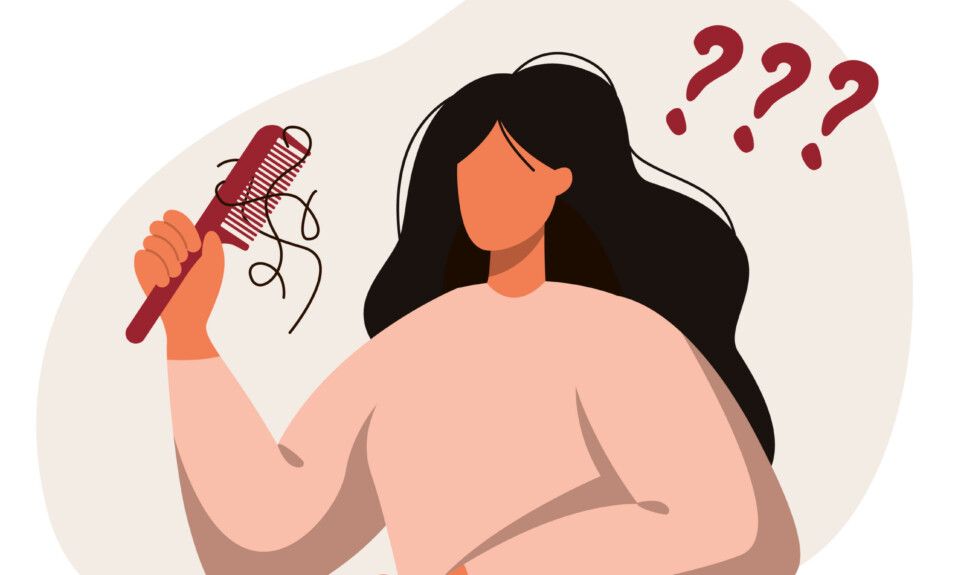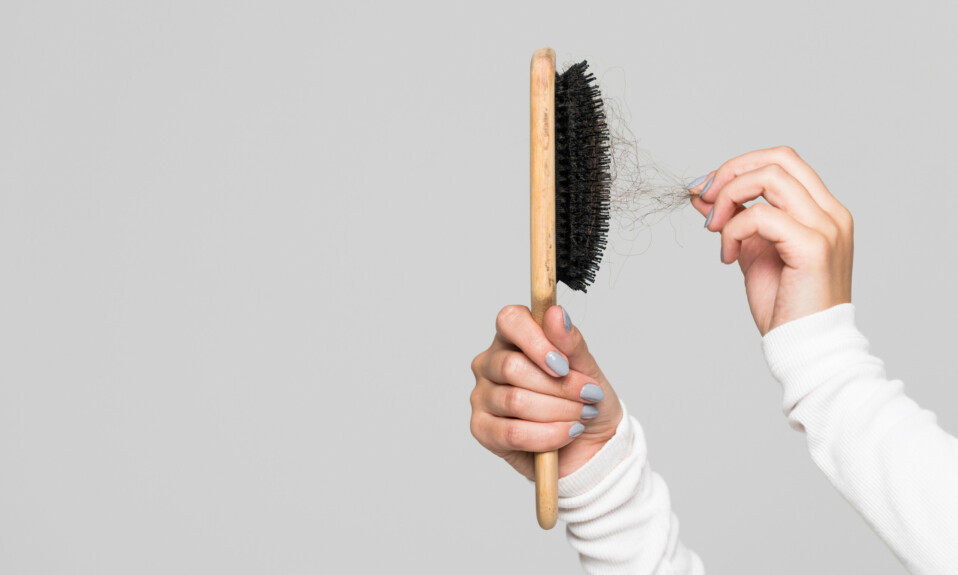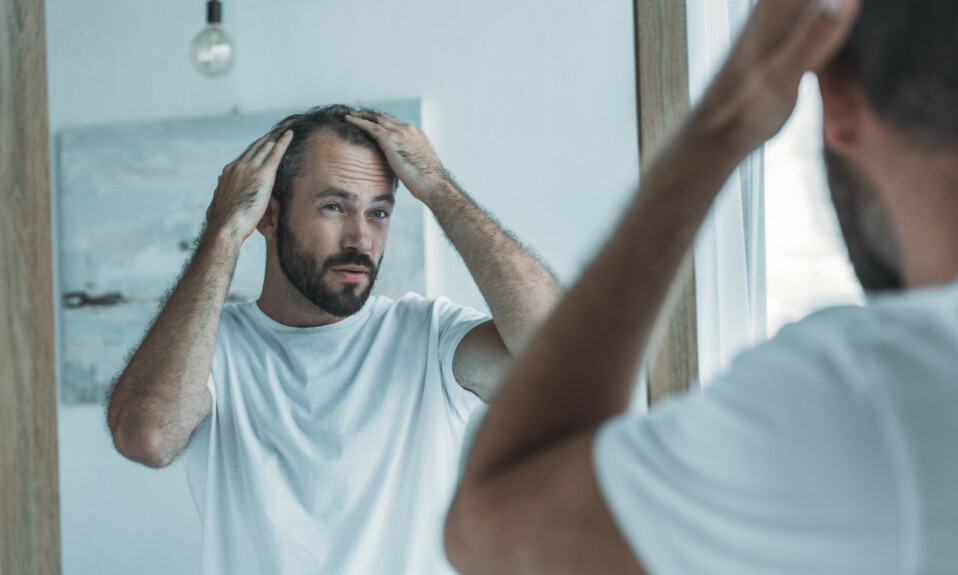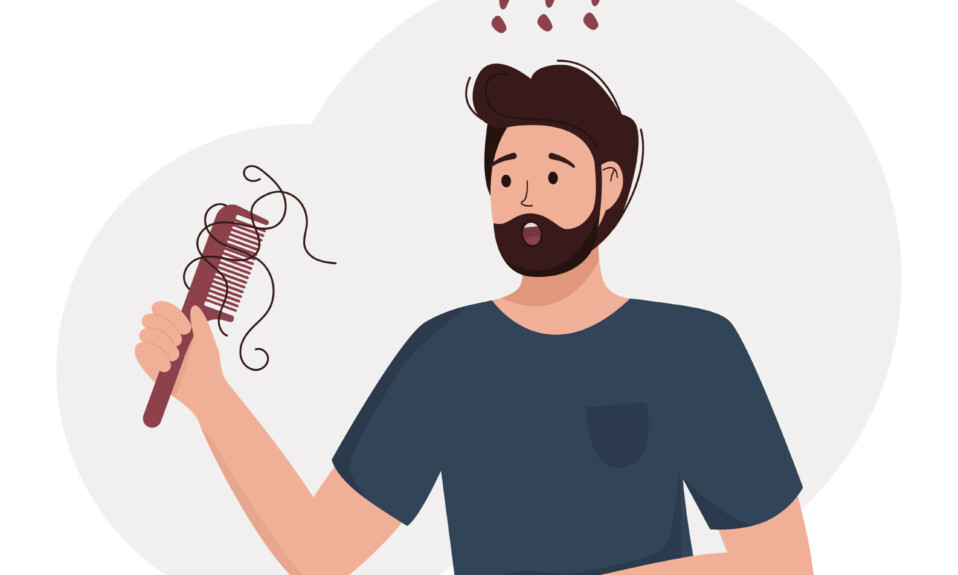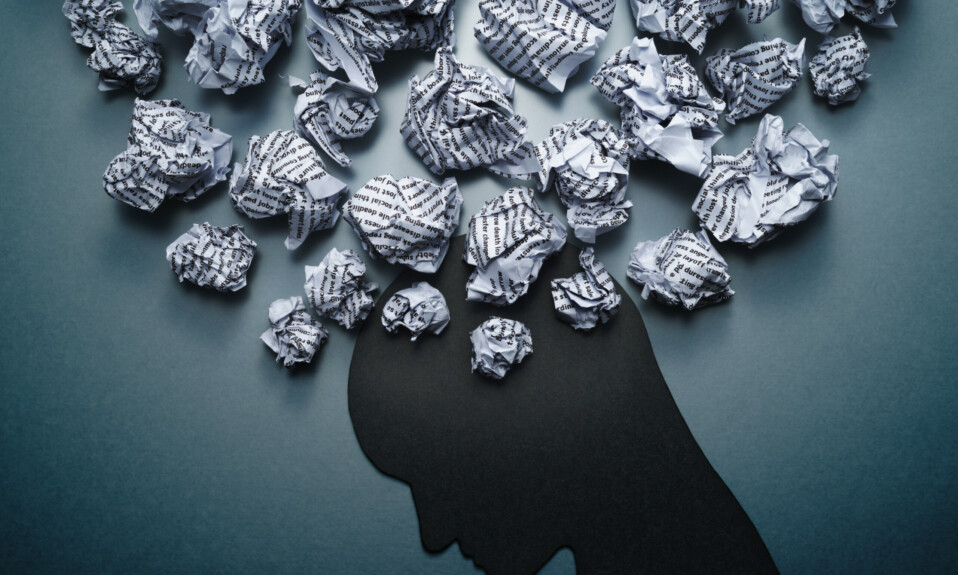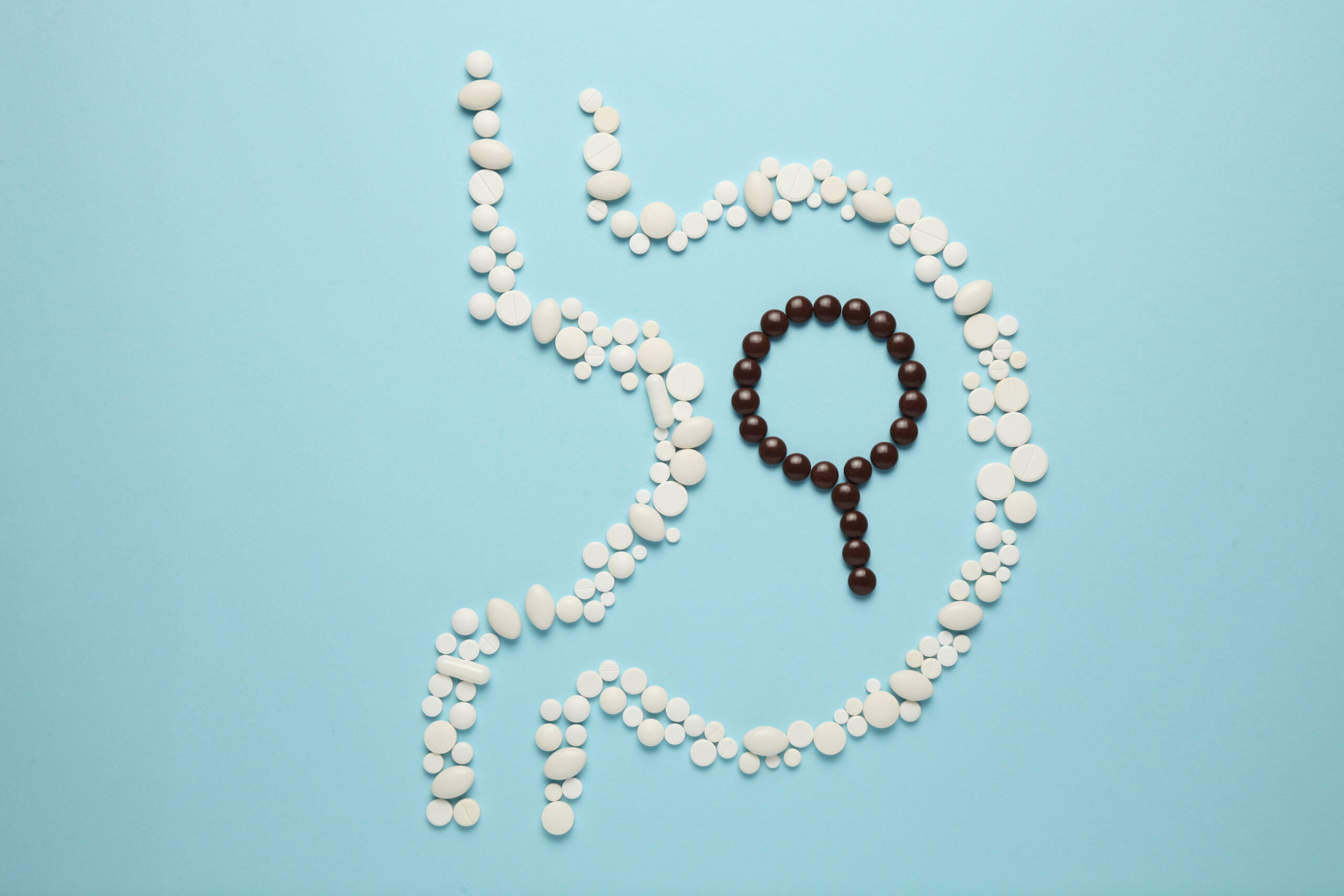Table of Contents Hide
It’s natural to lose hair, especially in the shower, but if you notice large amounts of hair on the floor, you need to examine your water supply.
The causes of hair loss can be extensive, and it is hard to pin down the root cause. For many people, genetic and external factors can play an essential role in hair loss. One of these causes could be the use of hard water for washing hair.
Hard water makes your hair more prone to breakage and even substantial loss. If hard water is the culprit behind your complaint, no attempts at strengthening your hair using other remedies may be of any use.
Hard water has a high concentration of minerals, leading to scum formation when it interacts with cleaning agents. The scum forms a hair film causing hair loss and hair damage.
This article will discuss if hard water can cause hair loss, why it happens, and what you can do to reverse the damage.
What is Hard Water?
Hard water refers to water with a high mineral content comprising calcium, magnesium bicarbonates, sulfates, chloride, iron, copper, zinc, carbonates, etc. This kind of water is formed when water droplets run through mineral deposits like chalk and limestone and collect deep beneath the ground. The Water Quality Association considers a water body hard when the grains per gallon becomes 7.0 – 10.5.
How Can You Identify Hard Water?
People often have a hard water supply in their homes, which is the water they use in their daily lives and for purposes such as washing hair, washing clothes, and doing dishes. Hard water can have a deteriorating effect on your hair which is why it is important to recognize the signs of hard water on your hair. These signs include:
Soap and Shampoo Doesn’t Form a Lather
Since soft water has a lower calcium and magnesium content, soap and shampoo have a lathering action when mixed with this form of water. As a result, no scum is formed on regular washing. However, hard water has a greater content of calcium and magnesium, which interacts with the soap and shampoo and creates a sticky solid that is extremely difficult to get rid of. The result is soap scum formation which adheres to your shower walls, floors, and basins.
Dry and Frizzy Hair
Hard water creates a film over your head, which acts as a barrier to water. Due to this, water cannot reach the hair strands and deprives them of the necessary moisture. It also makes your hair prone to tangling and dandruff.
Hair Breakage
Hard water weakens your hair and makes them brittle. Brittle hair is fragile and breaks off at the base. This occurs because of the calcium deposition on the scalp, which makes the base of your hair shaft weaker and weaker even if your hair follicles are working perfectly fine.
What Does Hard Water Do To Your Hair?
According to many studies, it has been proven that hard water can damage your hair, causing them to break and making them prone to damage. Since hard water contains an increased quantity of harmful minerals, these minerals will deposit on your scalp, causing a build-up that prevents nutrition and moisture from entering your hair follicles. The problem lies not in the hair follicles but in the hair shafts that are easily breakable at the bases.
Due to insufficient nutrition, the hair will appear malnourished and look dull and lustreless. Calcium is the biggest culprit in hair loss since the mineral can dry out your hair and clog up your follicles.
When your hair follicles are blocked, healthy hair growth is hampered. The deposition of minerals weighs heavy on the hair shaft and can weaken it. It also manifests as difficulty styling hair, thinning out, and drying hair.
Complications of long-term use of hard water include split ends, frizz, dandruff, discoloration, and gradual thinning of hair. Chloride strips your hair of its natural oils and leaves them brittle and dry. The scalp becomes rough, the hair cuticle is damaged, and the scalp gets irritated, causing itching.
Other minerals such as aluminum can cause internal damage to your hair by attacking the hair shaft and may slow down hair growth. Copper causes discoloration of hair and can lead to the darkening of hair colors. Lead has a direct impact on the strength of your hair, leaving them brittle and limp. Iron devoids your hair from its natural shine and may even give them a red tint. Sulfate causes hair follicle damage, split ends, and dandruff.
How Can You Prevent Hair Loss From Hard Water?
Hair loss from hard water can be prevented in a lot of ways. Some of these ways include:
- Use a water softener that converts hard water into soft water by using an ion exchanger
- Get a shower filter which is a cheaper option than a water softener
- Use purified water to wash your hair
- Use a moisturizing mask for your hair
Conclusion
One of the common causes of hair damage could be your water source. With a high concentration of minerals in hard water leaving your hair thin, brittle, and prone to damage, it’s important to take action.
Fortunately, hard water typically does not cause permanent hair loss and the effects of hard water are easily reversible by changing your water system and adopting some other easy-to-use techniques.
Frequently Asked Questions (FAQs)
Can hard water cause hair thinning?
Yes. Hard water contains a high amount of calcium and magnesium, both of which form a film on the hair, making it hard for moisture to penetrate. Without moisture, hair becomes dry and brittle, prone to breakdown.
Can hard water cause hair loss?
Yes. If you expose your hair to hard water for a long time, it can lead to hair loss. Since the hair becomes too brittle and damaged, its bases become weak, and eventually, they start falling in chunks.
Can hard water cause permanent hair loss?
Although the damage due to hard water is scary, hard water does not cause permanent hair loss. It does not affect the elasticity and tensile strength of the hair. By changing your water system, you can stop hair loss from hard water, and there is a myriad of remedies you can apply to make your hair grow back.


